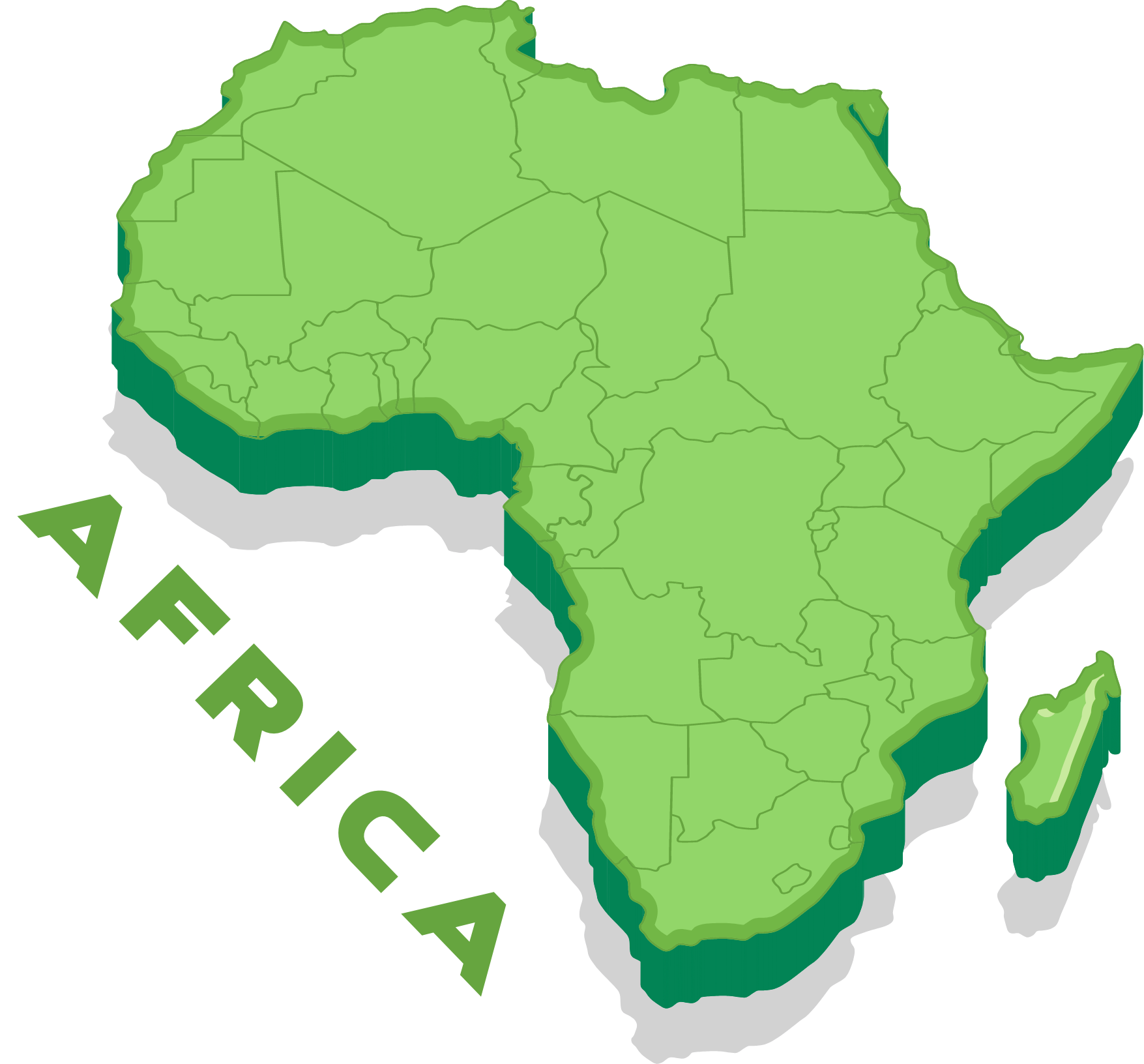This document provides our experience building a food traceability application in Africa. It is hoped that anyone undertaking a similar endeavor can benefit from our experience. Our traceability application was started around Accra Ghana. Anyone reading this document would need to interpret the results carefully for the region in which they intend to implement similar projects.
The goals of the project were to build a supply chain from bottom and solve some inequities that exist in traditional supply chains. To quote from our project:
“The project is intended to fill the void of supply chain management systems (SCMs) by building systems that address the challenge of providing food provenance while imposing minimal disruption of existing processes and meta-data standards adoption. The project is also a laboratory for testing new ideas and includes risk mitigation for participating farmers so risks are absorbed by us, not the participating small farmers.”
Our solution was to build a supply chain that allowed farmers to enter or at multiple points in particular local spot markets or larger supply chains or organized corporate purchasers – such as superstores.
Supply Chain Management systems are closed systems where sellers sell to a buyers on the system. It is very difficult to leave a Supply Chain Management system because documents and records are kept within the system effectively locking in farmers and forcing them to sell to a limited number of purchasers.
To solve this problem we implemented a DID based system that presents a Self Sovereign Identity philosophy toward trade and farming documents.
Read more at:

